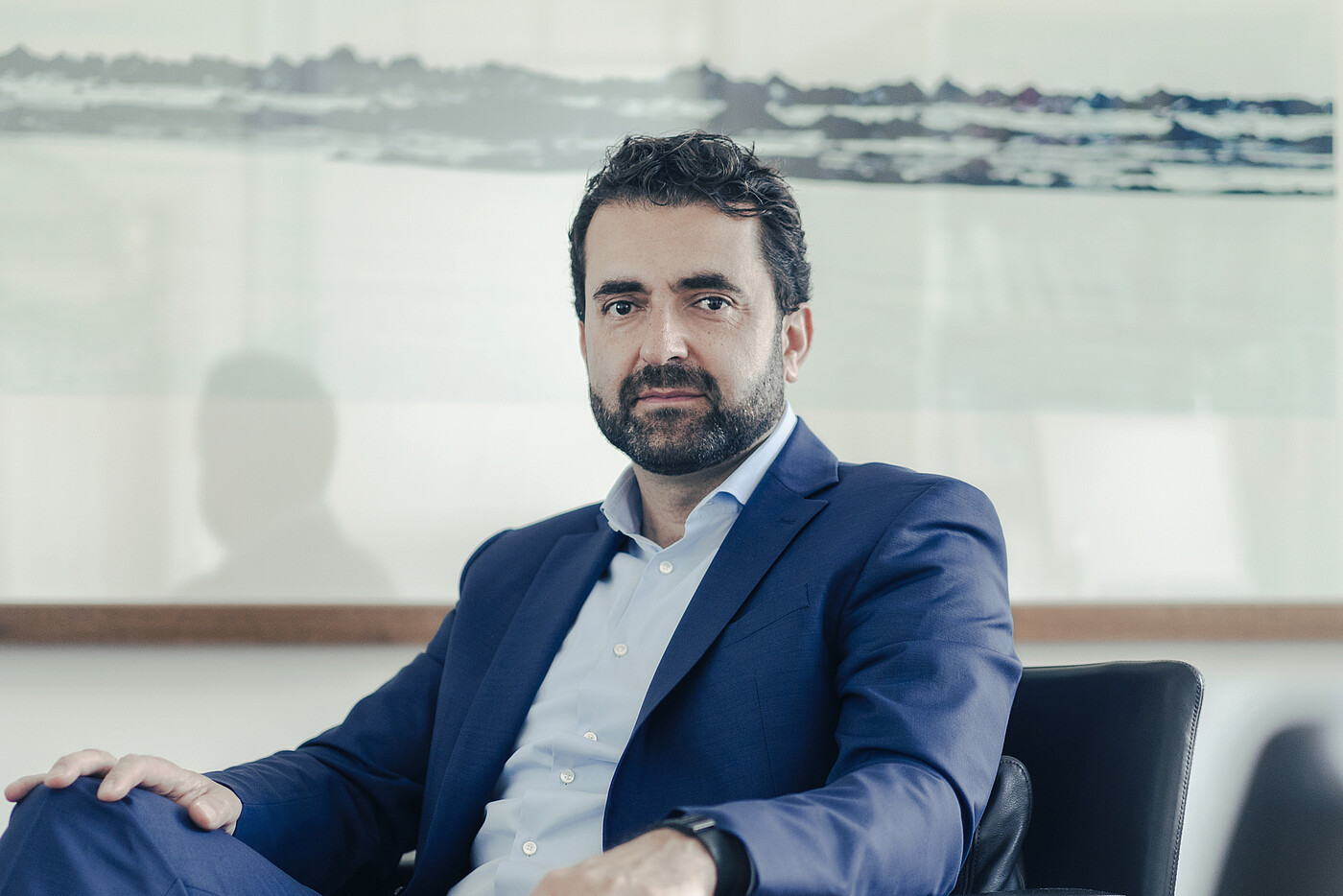Germany fears for its place on the international stage. Inflation, multiple crisis situations and not least the trailblazing US IRA has raised concerns about the country’s international competitiveness.
Mr. Vassiliades, in an alliance with other trade unions and large industrial associations you are calling for the introduction of an “industrial electricity price”. Why do you consider this to be the lever to breathe new life into Germany as a business location?
The energy-intensive sectors are at the beginning of all industrial value chains. They are the guarantors of an industrial network that is unparalleled worldwide and has so far been very successful in increasing our prosperity. This is in danger. The energy-intensive sectors are threatening to disappear, and as a consequence there is growing dependence on global supplies. Production cutbacks, austerity programmes and staff reductions are already dominating the picture. These sectors are the reason why Germany is the only industrialised country in the world that is currently shrinking. The concoction of issues they have been facing is too toxic: a delayed energy transition, inflated energy prices, excessive regulation, ailing infrastructure. Supporting them now is nothing other than an investment in the future of the country – it is simply money well spent. The most urgent project must be a price cap for electricity, the largest cost block for the energy-intensive sectors. Industrial electricity in the US or France now costs only a fraction of what it costs here. We need to quickly get back on an equal footing internationally in order to be able to take off again.
In your view, does the introduction of an “industrial” or “bridge” electricity price not contradict the goal of climate neutrality?
On the contrary. We urgently need industries such as chemicals, metals, paper, glass or plastics for the transformation of our industrial society, for the climate-neutral products of the future, for a functioning circular economy. They themselves have long since set out on this path and intend to tackle the transformation of domestic locations. This modernisation would not only be an opportunity for further climate progress in Germany, but also for sustainably securing locations, jobs, growth and prosperity. But for this, they need internationally competitive framework conditions.
Beyond that, what do you expect companies to do to strengthen the competitiveness of Europe’s largest industrial nation?
A clear commitment to Germany and Europe as a business location is required – the will, the innovative strength and the money to make the transformation of this continent’s most important engine of prosperity a success story. With a view to a bridge electricity price, there is therefore no question for us that this subsidy must be linked to concrete transformation projects, location and job guarantees as well as collective bargaining commitments.
Michael Vassiliadis is Chair of the Mining, Chemical and Energy Workers’ Union (IG Bergbau, Chemie, Energie, IGBCE) and President of the European Federation of Industrial Trade Unions IndustriAll Europe. He is Chair of the Board of the Innovation Forum Energiewende and has been a member of the National Hydrogen Council since 2020.
Vassiliades is Deputy Chair of the Supervisory Board of RAG AG and a member of the Supervisory Boards of Steag, Henkel and BASF. He is also Deputy Chair of the Board of Trustees of the RAG Foundation.
Photo: IGBCE

 LinkedIn
LinkedIn
 Twitter / X
Twitter / X

